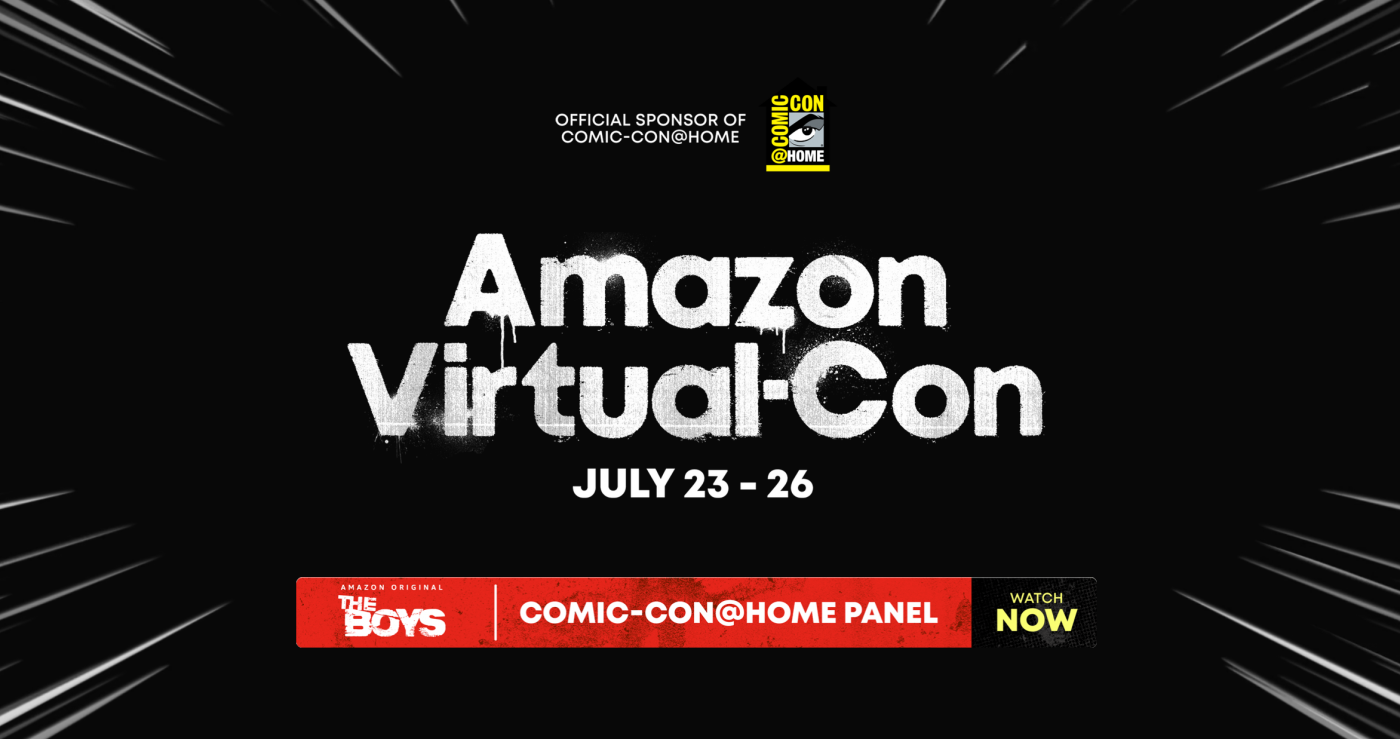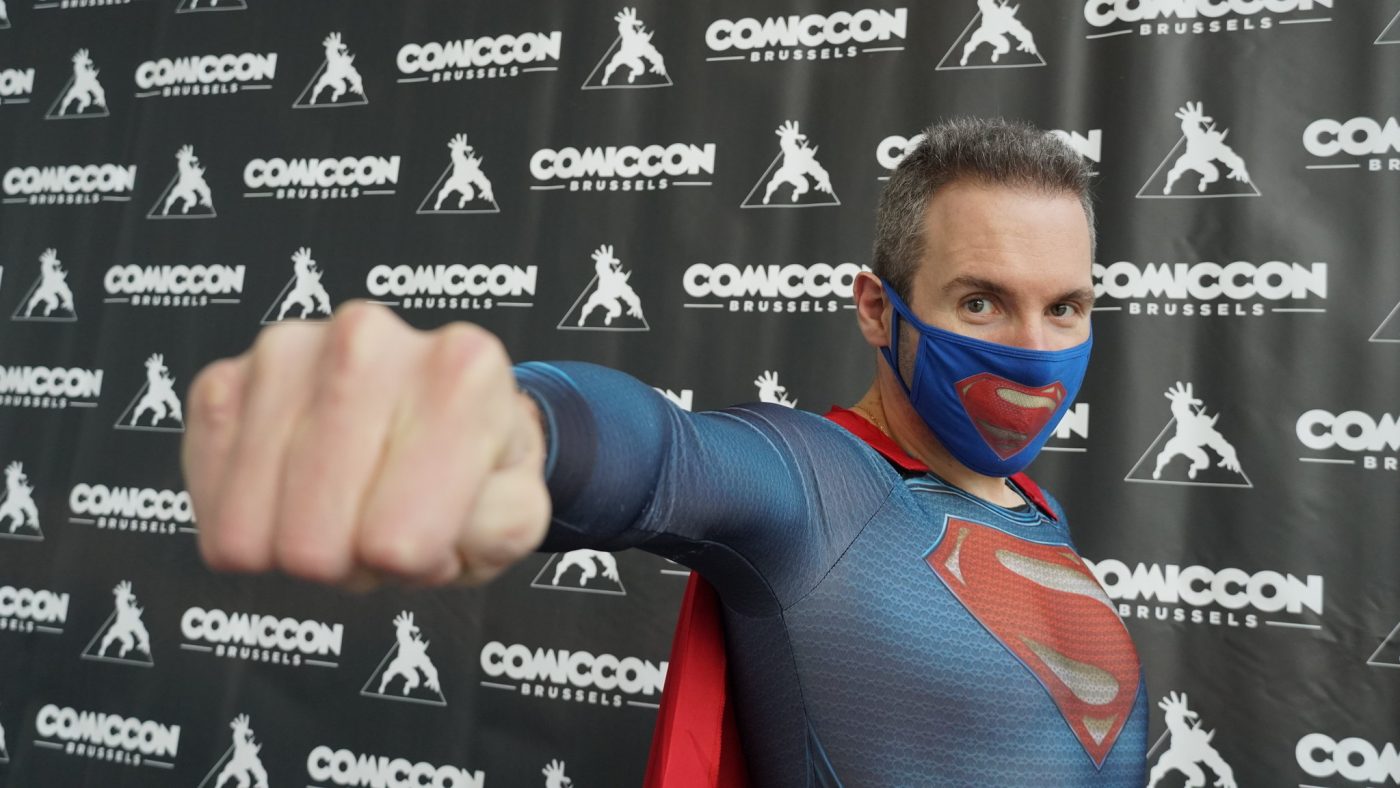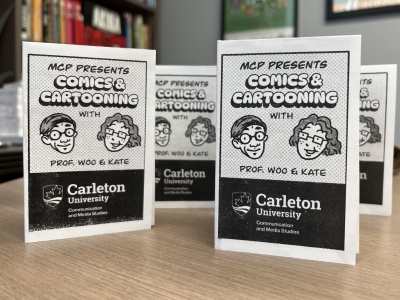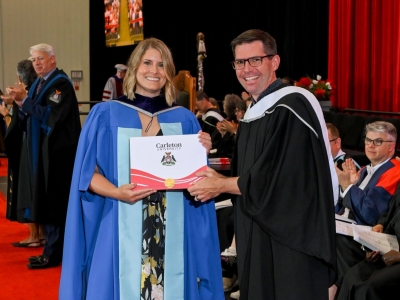What happens when your research requires deep observation of in-person, live events when a global pandemic hits? Some will push the pause button, holding their research until the world “opens up” again. Others will change course and focus on different projects that involve more deskwork and less fieldwork. And yet others will seek opportunities to ask complementary questions while mobilizing alternate methods of analysis.
Associate Professor Benjamin Woo’s most recent paper, From Comic-Con to Amazon: Fan conventions and digital platforms, shares findings that emerge from this unanticipated set of circumstances. Published in the journal New Media & Society and co-authored with Melanie E.S. Kohnen (Lewis and Clark College) and Felan Parker (University of Toronto), the paper thinks through the relationship between media platforms and live events like comics fans conventions.
“Our paper was really an unplanned outcome from the Swarming San Diego Comic-Con (SDCC) project,” Dr. Woo explains. “We received a SSHRC Insight Grant to do a collaborative ethnography of Comic-Con in April 2020, and then, as you can imagine, had to adjust our plans since in-person conventions were all suspended due to COVID.”
Indeed, the pandemic posed significant consequences for the research community. Those who undertake ethnographic inquiry were especially hard hit. As one recent study put it, “participant observation has been thoroughly dismembered by the radical measures implemented to prevent the spread of the virus.” Though such measures clearly helped blunt the transmission of the virus, they also blunted opportunities for generating new research and knowledge.
Facing cancellation of the in-person convention, it would have been reasonable for Woo and his collaborators to pursue other projects that required no travel or observational fieldwork, or to take a break from research entirely during this once-in-a-generation global public health emergency. However, when convention organizers launched an online version of the event instead, the team chose to participate and were struck by how digital platforms like YouTube and Tumblr were used to mediate different aspects of the convention.

“Our paper analyzes Amazon Virtual-Con, a sponsor of Comic-Con@Home 2020 that also functioned as a parallel virtual convention built entirely around Amazon’s platform instances and their licensed IP,” Woo says. The platformization of conventions predates the pandemic, he explains, as when experiential marketing activations not only to encourage attendees to self-mediate their experiences on social media but also to extract first-party personal data from them. However, these activations were arguably supplements to the convention; by contrast, they observed, digital platform companies seemed to swallow Comic-Con whole in 2020.
Woo and his colleagues concluded that, “conventions such as SDCC can be theorized as a kind of analogue platform, which may explain the ease with which certain features of Comic-Con were translated to digital spaces in 2020 while others were left by the wayside.”
Now that most global public health restrictions have been lifted and research has resumed, the team will belatedly conduct its fieldwork at SDCC this summer, bringing Carleton Communication and Media Studies students, Book and Media Studies students from the University of St. Michael’s College, and an international team of researchers to explore one of the world’s biggest media spectacles.
Monday, June 12, 2023 in Communication News, News
Share: Twitter, Facebook




